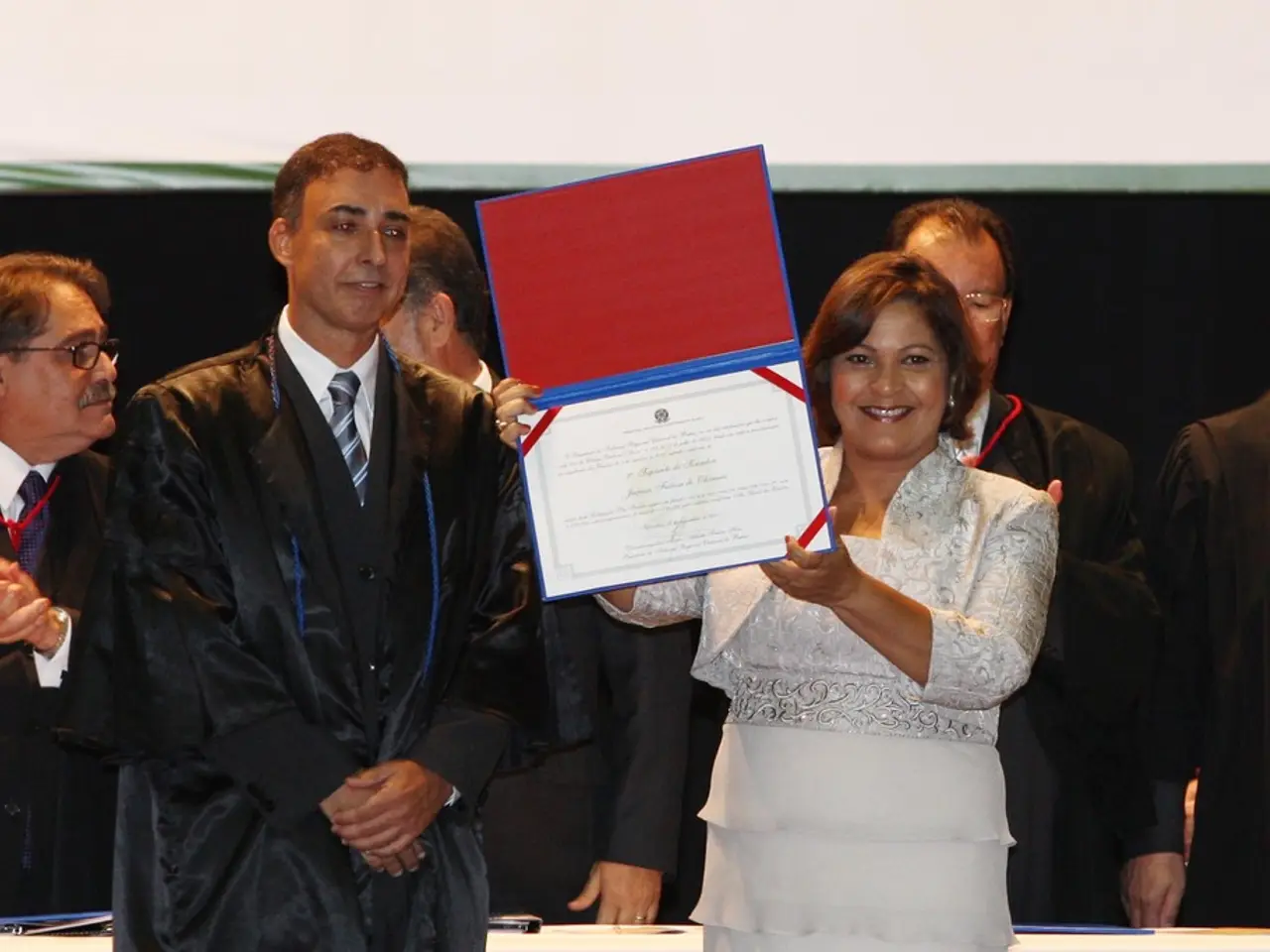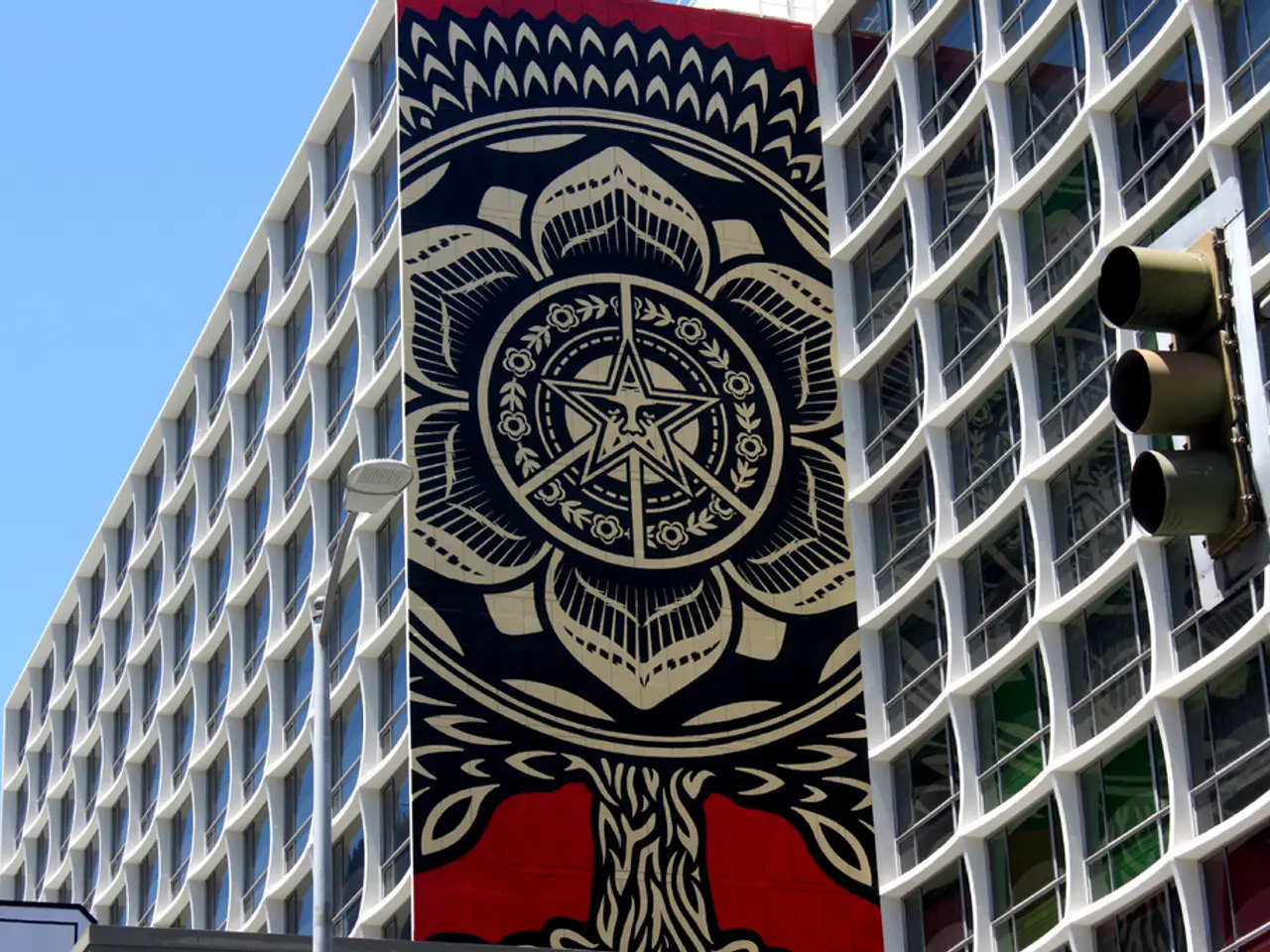Divorced women in the UAE inquiring about the possibility of securing visa sponsorship from their former husbands?
In the UAE, the residency rights of women and their children following a divorce are primarily governed by Cabinet Resolution No. 65 of 2022 and family law frameworks, including the Personal Status Law and the Civil Personal Status Law.
Equal Rights and Custody
The UAE's latest family laws, such as Federal Law No. 41 of 2022, strive for gender equality, allowing women equal rights to apply for divorce and make child custody decisions. Typically, joint custody of children is favoured until they reach 18 years old, unless the court determines that shared custody is not in the child's best interests.
Residency After Divorce
Non-citizen women and children holding residency visas linked to the husband's status may apply for independent residency visas after a divorce. This is often facilitated under Cabinet Resolution No. 65 of 2022, which governs residency permits in cases such as divorce, allowing the woman and children to retain their residency status independent of the husband for a certain period.
Custody and Residency Link
Courts prioritise the child's best interests in custody decisions, which indirectly affects residency because a mother granted custody typically can sponsor the child's residency. The judiciary favours shared parental responsibilities and the mother’s rights are strongly recognised.
Legal Process
Divorce cases involving custody and residency matters are adjudicated by respective courts. The courts examine evidence to support claims including custody, which then influence residency sponsorship and protection post-divorce.
Additional Protections
Dubai social affairs and family services provide interim housing and support where necessary pending court decisions, assisting women and children in their transition after divorce.
One-Year Residency Extension
The one-year residency extension is a provision of the Cabinet Resolution No. 65 of 2022. After a divorce, the wife and children can apply for a one-year visa extension without their husband's sponsorship. During this period, the wife and children no longer need their husband's sponsorship to remain in the UAE.
Consultation and Information
Consulting with legal experts is necessary to understand the full implications of a divorce on residency status and financial support. The General Directorate of Residency and Foreigners Affairs can provide information about your rights and responsibilities after a divorce. It is crucial to act promptly and ensure you are well-informed about your rights and next steps in the legal process following a divorce.
Note
Because Cabinet Resolution No. 65 of 2022 specifics were not detailed in the search results, for precise visa durations or procedural requirements post-divorce, consultation with Dubai immigration authorities or legal experts is recommended. However, the evolving family law (Federal Law No. 41 of 2022) clearly supports women's and children's rights to residency linked to custody and divorce settlements.
[1] "New UAE Family Law: What You Need to Know" - Gulf News, 2022. [2] "UAE Cabinet Resolution No. 65 of 2022" - UAE Government, 2022. [3] "Changes to UAE Family Law: Impact on Custody and Divorce Proceedings" - Khaleej Times, 2022. [4] "Dubai Social Affairs and Family Services: Support for Women and Children Post-Divorce" - Dubai Government, 2022.
- In the context of financial matters, consulting with legal experts is crucial to understand the full implications of a divorce on residency status and financial support.
- The General Directorate of Residency and Foreigners Affairs can provide information about your rights and responsibilities after a divorce, particularly in relation to business matters such as changes to visa durations or procedural requirements post-divorce.




